Proust, drive-ins and romance: the post-coronavirus future’s not all bad

Australia’s medical supremo, Brendan Murphy, predicts the crisis will change human behaviour for good, and maybe for the good. Rather cryptically, he says: “There are some things we’ll be doing differently, always.”
I presume he means more handwashing and rigorous attention to physical hygiene. A more sanitised society, then. I’m fine with that. All those clean-freak early modernist architects with their white, bright, uncluttered angular boxes finally get their way: a world without mess. But my future-gazing runs to grander schemes. The thing I most eagerly anticipate is the permanent return of the drive-in movie.
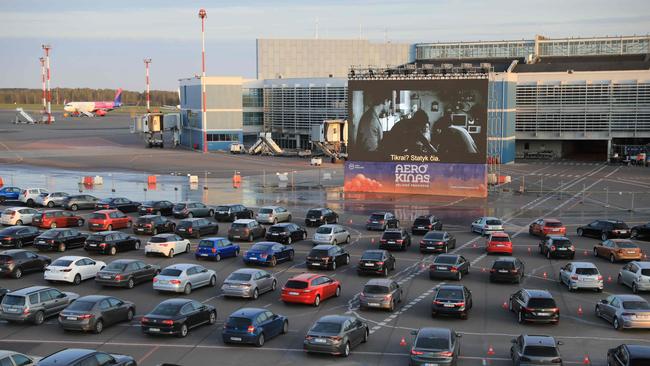
After months of loungeroom binge viewing I very much want cinemas to spring back to life, but the first sign of a sneeze or a sniffle — let alone a hacking cough — and there’ll be pandemonium as patrons charge down the doors.
In contrast the drive-in cocoons us in metallic automotive security and so preserves a bit of that warm and cosy iso feeling of safety from random disease transmission because there’s no random human contact.
The drive-in is perfect for dates and family outings: children, unable to see the screen from the back seat, quickly tire and slumber. In fact the start-up idea of the moment is surely the purchase of a few idle blocks on the suburban fringe, a disused slice of inner-urban dreck, an abandoned shopping mall or a sports arena that will never again host a decent crowd: something big enough to handle a mega-screen and a splay of cars, a diner at the back, and speedy service to the car by waitstaff on rollerskates.
On the subject of waitstaff I concede that one of the things I’ve most enjoyed about lockdown is never having to tip. There’s a good reason for that: these past six weeks, working at home as a freelance journalist, I’ve not been served with anything other than a summons to the debtor’s court.
But I suspect that, when something like normal transmission resumes, I’ll feel compelled to tip with abandon. How restaurants manage the downer of mandatory near emptiness remains to be seen. Will stylishly dressed mannequins be installed at every second table? Is there a market for a mood-lifting playlist of civilised background conversation and genteel canned laughter? One thing’s for certain: we’ve seen the end of the share plate.

Something else that has seen its day is the handshake. There’s something warm, congenial and equable about the gesture in its ideal form, but I’ve been uneasy about it since the day I shook the hand of a chap my own age who had seemingly spent hours breaking golf balls with his bare hands or swinging through the jungle on vines. He attempted not so much to shake my hand as to shake the life out of it. No, the handshake in the wrong hands becomes a power gesture. Safer to wave politely from two paces or revive the courtly bow.
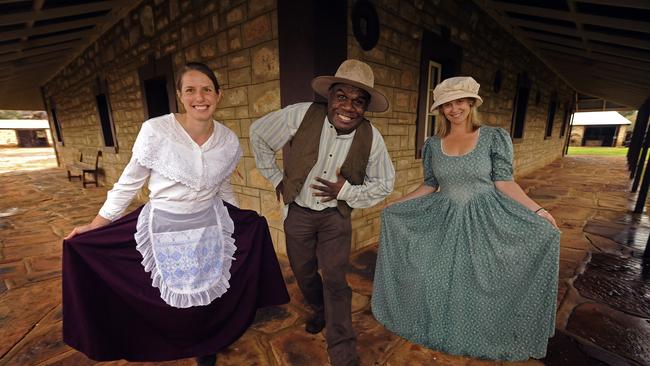
There are a few more subtle revivals under way. I’m talking about universal experiences that have of late — by which I mean in the past few decades BC (Before COVID) — seemed almost obsolete. For most of human history people have endured separation and its emotional counterpart, longing. But the internet and cheap air travel combined forces to render longing an endangered species.
Our ancestors wrote letters that traversed hemispheres and waited for return mail that might go down with the ship. Months — years — passed as lovers pined for precious correspondence. There’s no need to long for your darling on the other side of the world when you can get them on WhatsApp in a jiffy. So after connecting online you can book online, check in online and wing your way to a rendezvous abroad, after which, moments later, you’ll both return to your online lives.
But for now, at least, the romance of longing has made a welcome return to our lives. Video calls, we now know, are only a temporary substitute for human contact, and in any event soon become tedious — all that intense eye contact! We long afresh to be in the physical presence of our loved ones. It’s like discovering a new tastebud — a missing piece of the heart.
I’m conflicted about long-distance travel. That constant shuttlecocking between here and elsewhere is bad for the nerves — and certainly for the circadian rhythms.
I sometimes wonder if Marcel Proust’s multi-volume masterpiece, In Search of Lost Time, wasn’t originally conceived as a futuristic dystopian fantasy about a frequent flyer who discovers that he is suffering not so much from jet lag as life loss. The time spent in taxis to the airport, at check-in, queuing at Customs, in transit, transfer, arrival halls, security, more security, just a little more security, is so much lost time. When did you last enjoy a memorable experience at a luggage carousel? After you’ve been through a full-body scanner, do you desire to return?
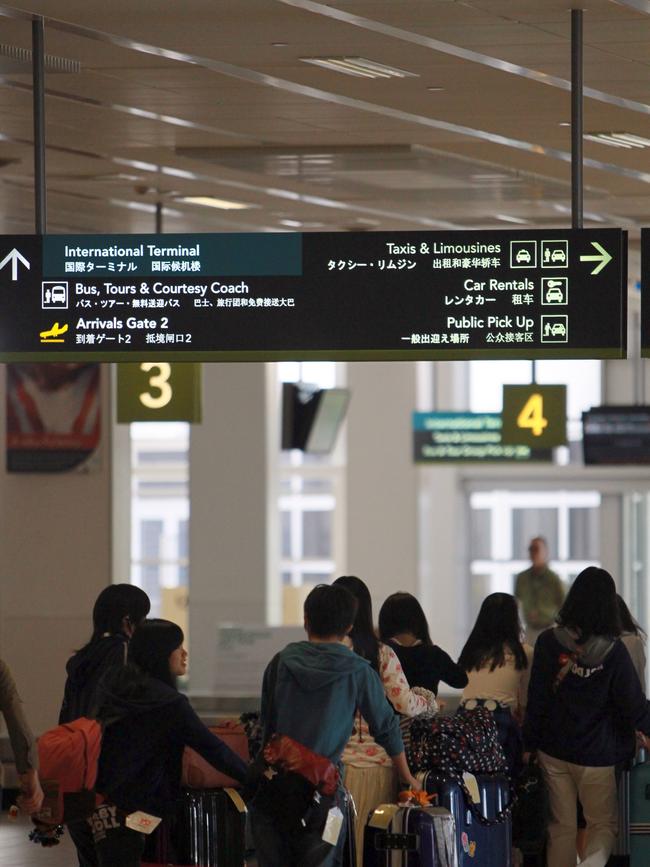
In any event, there’s no use complaining. The airline industry is in free fall and the cruise industry has capsized. When long-haul travel again becomes an option there’ll be fewer seats because we’ll all be distancing and it will be terribly exxy.
So we’ll just have stay at home, or go local: tootle around the neighbourhood or take country drives. It’s not all bad. The planet gets a breather. There’s plenty to do. We get to long once more for what we can’t have right this minute. And when we’re reunited with the one we long for, there’s always the drive-in.

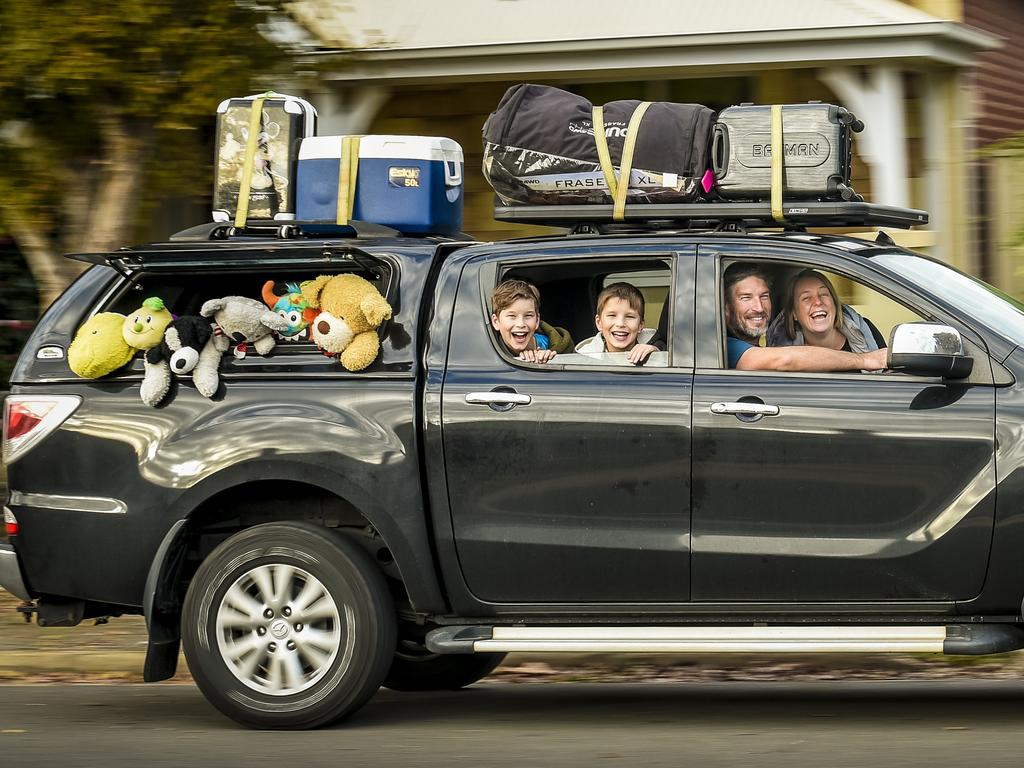
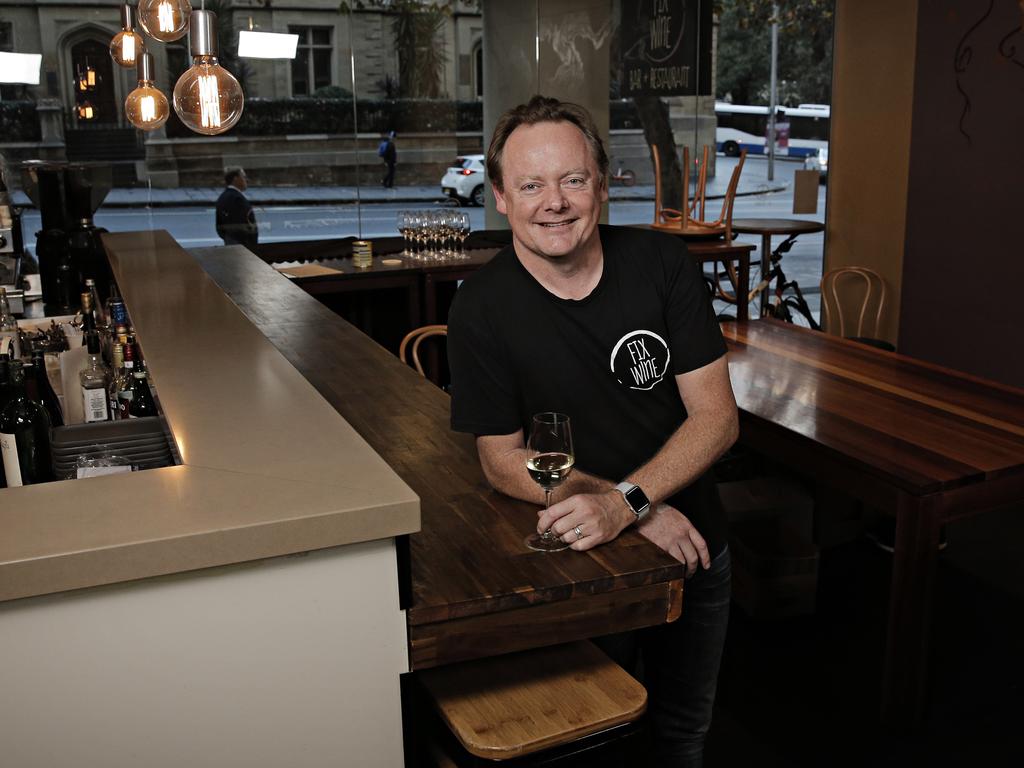
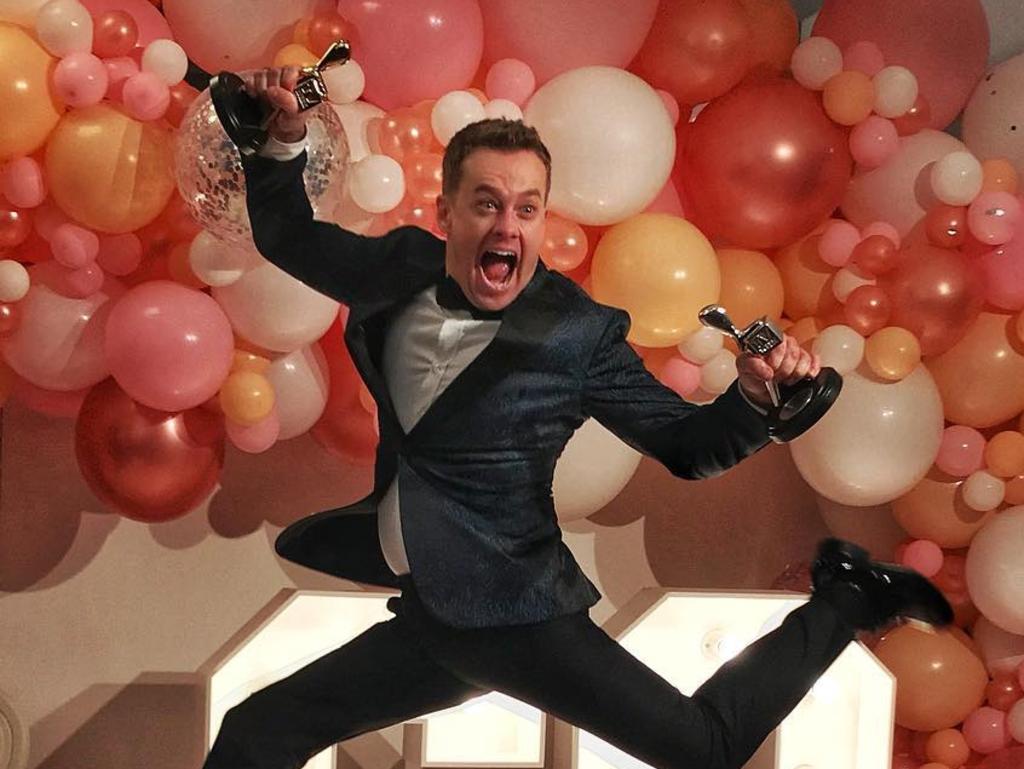



Sage heads studying road maps in our new state of cautious optimism have begun to speculate about a kinder, cleaner and gentler — albeit massively indebted — post-COVID world.